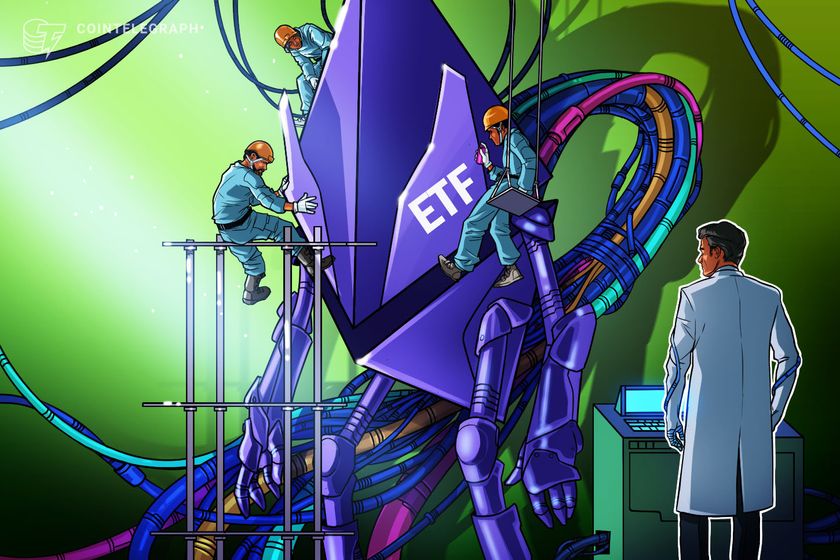
Adobe, IBM, Nvidia and five other companies have joined the initiative, unveiled in July, aimed at preventing the misuse of AI's capabilities for harmful purposes.
Adobe, IBM, Nvidia and five other companies have endorsed U.S. President Joe Biden's voluntary artificial intelligence (AI) commitments, including watermarking AI-generated content.
This announcement was made by the White House on Tuesday, Sept 12. The White House Chief of Staff, Jeff Zients, emphasized the urgency of leveraging AI's advantages, mitigating its risks and rapid action, stating, "We're collaborating with the private sector and utilizing every available resource to achieve this goal." Additionally, Palantir, Stability, Salesforce, Scale AI, and Cohere have also joined the commitments.
The initial commitments, unveiled in July, aimed to prevent the misuse of AI's capabilities for harmful purposes. Google, OpenAI, and Microsoft, a partner of OpenAI, endorsed these commitments during the same month.
The private commitments endorsed by the Biden administration are viewed as a temporary measure, as discussions within Congress regarding potential AI legislation have been ongoing but with little concrete progress in terms of introduced bills or substantial legal changes. Concurrently, the White House is actively developing an executive order related to AI.
Related: Gary Gensler confirms SEC’s use of AI for financial surveillance
In June 2023, a bipartisan group of U.S. lawmakers introduced a bill aiming to establish an AI commission to tackle issues in the swiftly expanding sector. The Biden Administration has stated its commitment to working alongside international allies such as Australia, Canada, France, Germany, India, Israel, Italy, Japan, Nigeria, the Philippines, and the United Kingdom in the formation of a global framework for AI.
Magazine: AI Eye: AI travel booking hilariously bad, 3 weird uses for ChatGPT, crypto plugins










